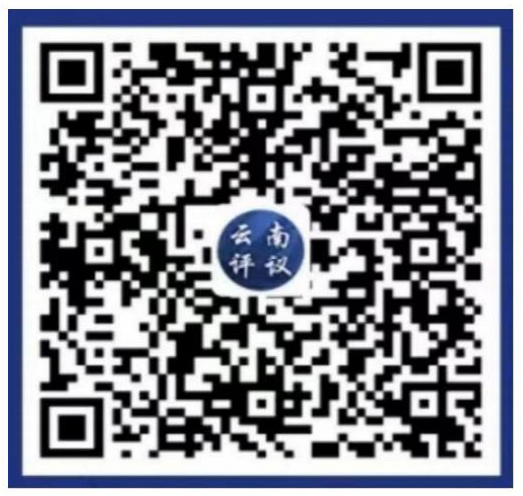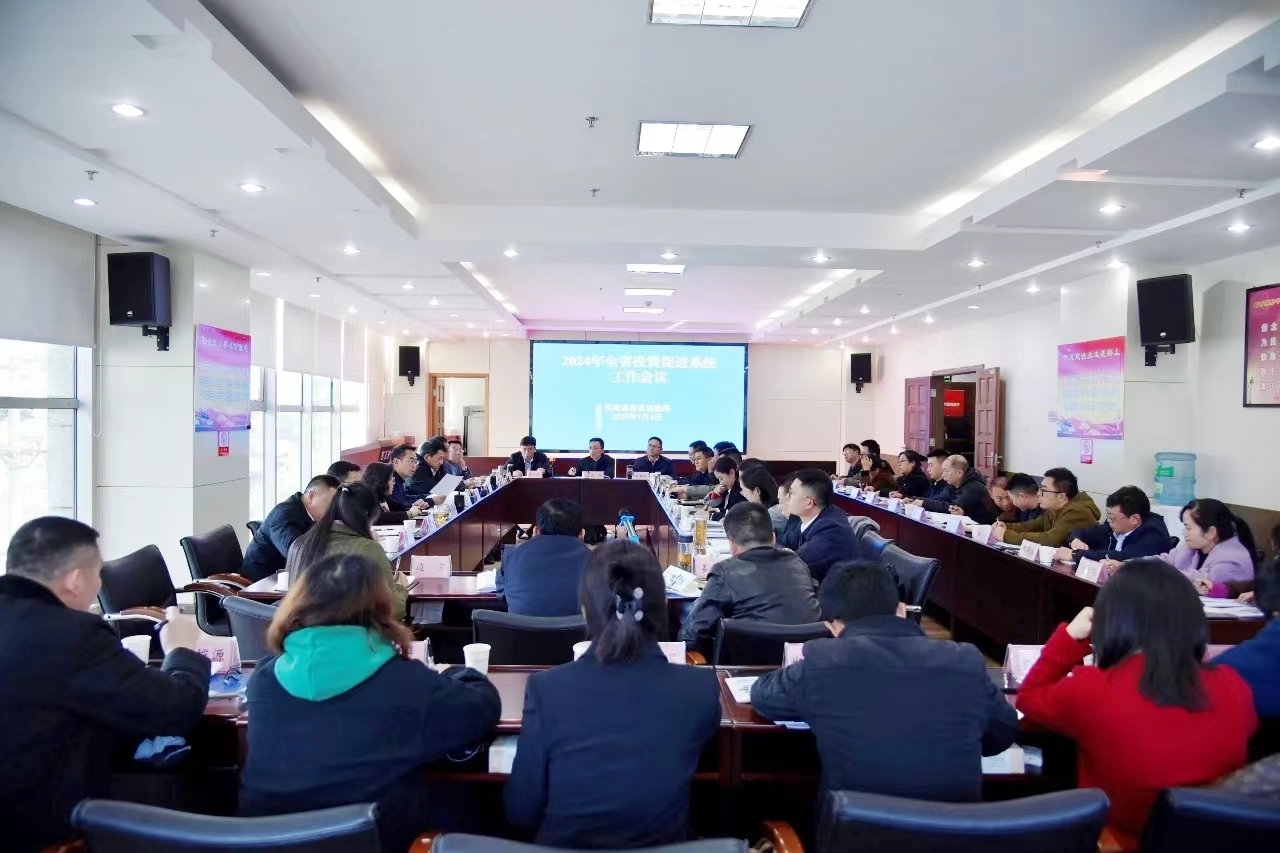-
云南省人民政府驻广东办事处2025年预算公开说明
2025-01-26
-
云南省投资促进局2025年预算公开说明
2025-01-26
-
云南省投资促进局2023年度部门决算
2024-08-27
-
云南省人民政府驻广东办事处2023年度部门决算
2024-08-27
-
云南省人民政府驻广东办事处2024年预算公开说明
2024-02-06
-
云南省投资促进局2024年预算公开说明
2024-02-05
-
云南省人民政府驻广东办事处2022年度部门决算
2023-08-21
-
云南省投资促进局2022年度部门决算
2023-08-21
-
云南省人民政府驻广东办事处2023年度预算公开说明
2023-02-01
-
2025年云南投资指南
2025-04-07
-
云南低空经济产业招商宣传片(中文版)
2024-11-05
-
2024年云南投资指南
2024-04-23
-
数说云南招商优势2024
2024-04-23
-
《七彩云南 投资沃土》
2023-10-08
-
云南省投资指南
2023-08-08
-
旅居云南投资机会清单
2025-01-02
-
氢能及储能投资机会清单
2025-01-02
-
促进就地就近就业投资机会清单
2025-01-02
-
旅居云南场景机会清单
2025-01-02
-
旅居云南敏感要素清单
2025-01-02
-
氢能及储能敏感要素清单
2025-01-02
-
我省征集影响营商环境建设问题线索
2025-04-03
-
省投资促进局依托招商企服平台解决企业投资难题
2024-09-10
-
投资促进系统合力优化提升服务推促重点项目持续扩大投资
2024-09-10
-
创新服务企业新模式 破解项目落地难题
2024-07-02
-
有一种叫云南的生活:候鸟飞越大美云南
2023-12-11
-
优化法治营商环境加强招商引资风险防范
2023-11-21
-
2023年云南省异地商会党组织书记暨党务工作者培训班成功举办
2023-10-18
-
搭建银企对接平台 助力民营企业发展
2023-06-02
-
云南省投资促进局举办 学习贯彻党的二十大精神暨“万名党员进 党校”培训班
2023-04-28
-
云南省异地商会助力德宏口岸经济发展 合作交流会成功举办
2023-04-14
-
云南省异地商会党委召开2022年度基层党组织书记抓基层党建述职评议会议
2023-01-17
-
党的二十大精神进商会 凝聚起以商招商新动能
2022-11-16
×



















 滇公网安备 53011102001196号
滇公网安备 53011102001196号

